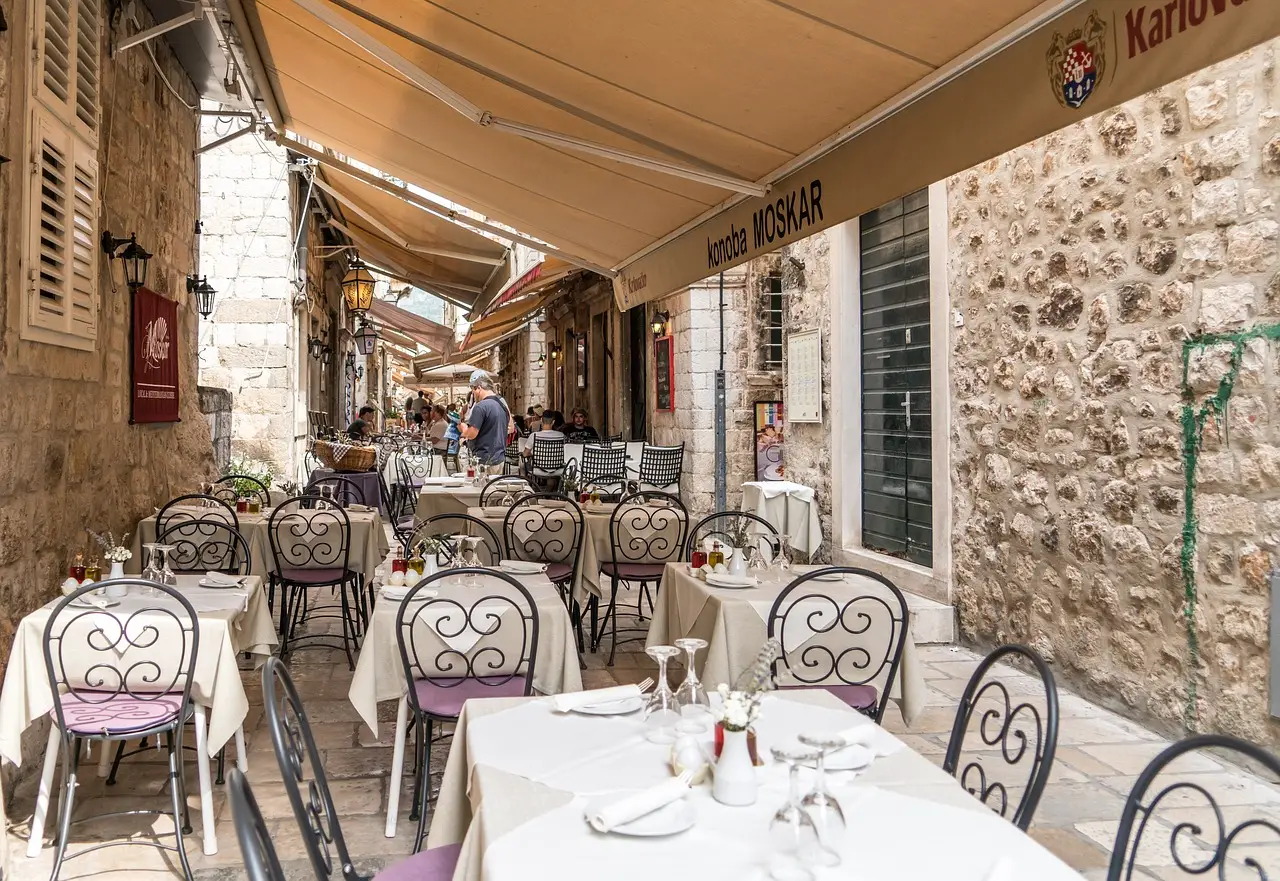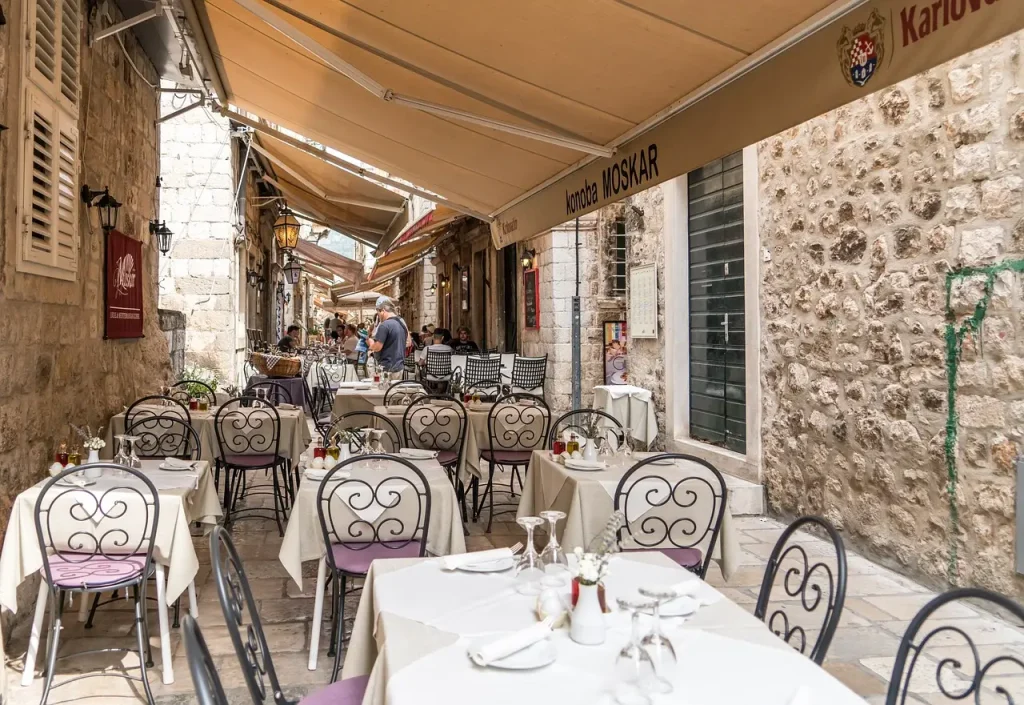
June 3, 2020 – Austrian newspaper Die Presse and the German Rheinische Post (RP) published an article by journalist Thomas Roser entitled “Croatia: Worse Than in War”, which talks about the challenges of this tourist season in Croatia. “The crisis has hit tourism-dependent Croatia hard,” the article said, noting that it could be good for Croatia in the long run.
Index.hr reports that the beginning of the article describes the empty Opatija, which is usually full of tourists at this time of year. “Spring in Opatija is always beautiful, but this year it was strange without guests,” says Radovan Lazic from the Adriatic Hotel, who adds that there were people in the hotel during the war, there were refugees, but that during the pandemic there were none.
Croatia’s dependence on tourism
“Cancellation of reservations, financial pressure is growing, insecurity is growing – all this is upsetting people,” Lazic describes the atmosphere in the hotel industry.
No European country is as dependent on tourists as Croatia, and they point out that the income from tourism is almost a fifth of the country’s GDP. “The crisis caused by the coronavirus has, therefore, hit the newest EU member like no other: according to the Vienna Institute, Croatia will have an economic decline of 11 percent,” Die Presse and RP reported.
The Croatian Adriatic will be officially open to tourists from June 15, and the congress gatherings scheduled for the spring will be postponed to the autumn.
Varteks expects a better market position
The article also cites a different example from the Croatian economy, namely Varteks, who, after a long crisis last year, was given new capital and new life, and now, in addition to tweed suits, protective masks are also sewn.
The president of the board, Tomislav Babić, is not pessimistic about the future, the article states. Babic believes that production will return from Asia to Europe. “We produce for a market that is close to us, so we can react quickly to trends, unlike the competition that imports all its goods,” says Babic.
Balkans: Low wages and labor
The article points out that the Balkans could perhaps benefit from supply chain disruptions during a pandemic because now European countries will want to have production nearby instead of in Asia, and there is a workforce in the Balkans. Salaries are also not high.
“It took Croatia half a decade to recover from economic growth after the 2008 crisis. This time it could go faster: 4 percent growth is projected for 2021,” the article said, adding that it would take several years to make up for this year’s minus. The state’s indebtedness will rise to 90 percent, so there is a possibility that “the youngest member will not be able to get closer to the EU average again, but will end up on the floor.”
Increasing the number of unemployed
The cancellation of the European Capital of Culture in Rijeka is also mentioned as another blow to Croatia.
Unemployment is a particular problem, rising 32.4 percent from March to May. The current number of 160,000 unemployed could double by the end of the year, according to journalist Thomas Roser. Finally, he quotes Index and warns that “an avalanche of cancellations is yet to come.”
To read more about lifestyle in Croatia, follow TCN’s dedicated page.










